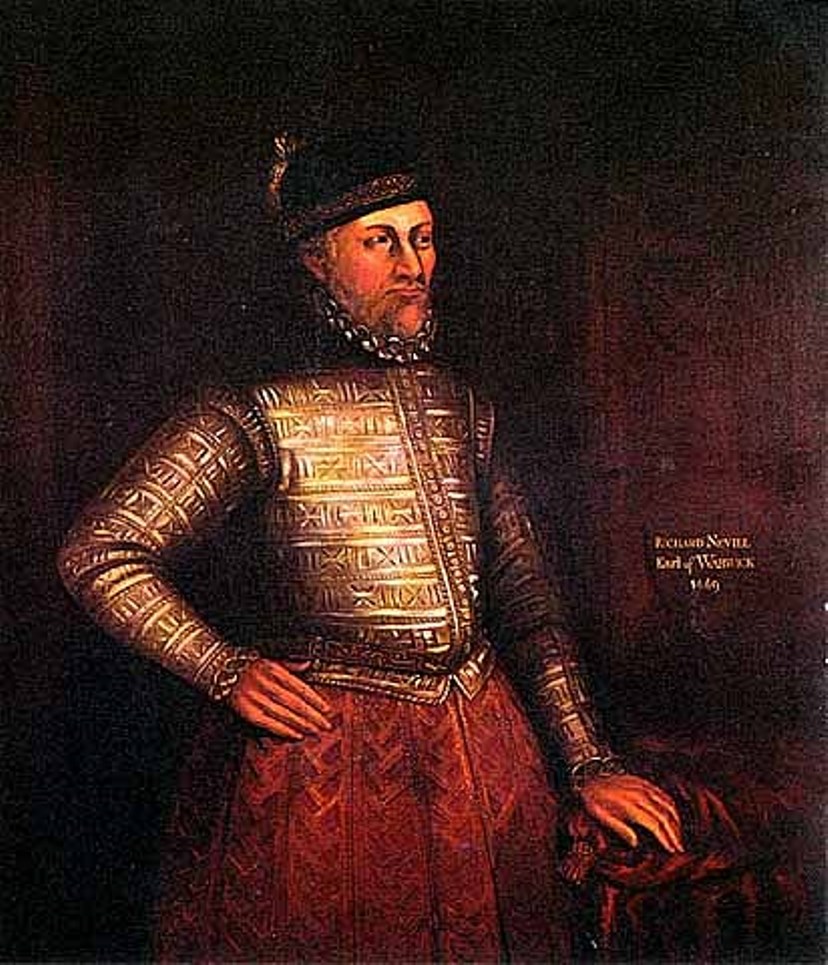Thomas Malory (1405 - 1471) — Auction price

Sir Thomas Malory was a British politician, writer, poet and author of The Book of King Arthur.
Malory was born to a noble family in the county of Warwickshire in the early 15th century. As a knight he took part in the War of the Scarlet and White Rose on the side of the Earl of Warwick, in 1444 or 1445 represented his county in the English Parliament. He was convicted several times, spent the last 20 years of his life in prison, where he created his novels.
Malory wrote his book, consisting of eight volumes, while in prison for various crimes, completing it in 1469 AD, and he was released the following year. He called his work "The Whole Book of King Arthur and his Noble Knights of the Round Table," but when published in 1485 the book was titled "The Death of Arthur," which stuck. The only surviving manuscript is in the British Library in London.
The identity of the author of the King Arthur saga is still disputed by researchers. It is possible that another person hides under the name of Malory, but the influence of this medieval work on history and literature is undeniable.


Sir Thomas Malory was a British politician, writer, poet and author of The Book of King Arthur.
Malory was born to a noble family in the county of Warwickshire in the early 15th century. As a knight he took part in the War of the Scarlet and White Rose on the side of the Earl of Warwick, in 1444 or 1445 represented his county in the English Parliament. He was convicted several times, spent the last 20 years of his life in prison, where he created his novels.
Malory wrote his book, consisting of eight volumes, while in prison for various crimes, completing it in 1469 AD, and he was released the following year. He called his work "The Whole Book of King Arthur and his Noble Knights of the Round Table," but when published in 1485 the book was titled "The Death of Arthur," which stuck. The only surviving manuscript is in the British Library in London.
The identity of the author of the King Arthur saga is still disputed by researchers. It is possible that another person hides under the name of Malory, but the influence of this medieval work on history and literature is undeniable.




